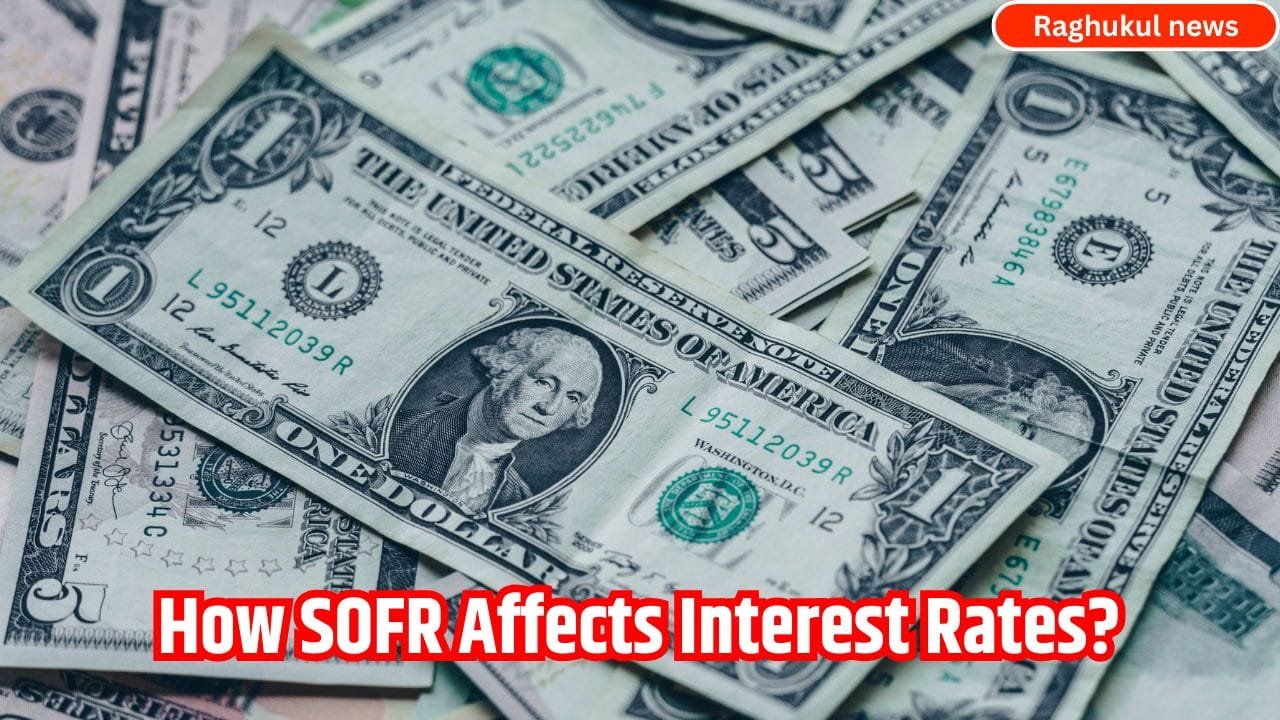SOFR (Secured Overnight Financing Rate) is a key factor in deciding how much interest banks and financial institutions charge on loans. It is a benchmark rate that has replaced LIBOR in the US. When SOFR changes, it directly impacts borrowing costs for businesses and individuals. Let’s understand its effect on interest rates.
What is SOFR?
SOFR is the rate at which banks borrow money overnight using US Treasury securities as collateral. It is based on real transactions, making it more reliable than the old LIBOR system. Since SOFR is market-driven, it changes daily based on demand and supply in the financial system.
How SOFR Impacts Loan Interest
When SOFR increases, banks also raise their lending rates, making loans expensive. This affects everything from home loans to business loans. On the other hand, when SOFR decreases, borrowing money becomes cheaper, which encourages people to take loans and invest.
Effect on Savings and Investments
Higher SOFR is good for people who keep money in fixed deposits or savings accounts as they get better interest rates. But it is bad for stock markets because investors prefer fixed-income securities over shares. Lower SOFR, however, makes saving less attractive but boosts the stock market as people invest more.
SOFR and Economy
SOFR plays a big role in controlling inflation and economic growth. When inflation is high, the central bank may increase SOFR to reduce excess money in the market. If the economy is slow, a lower SOFR can encourage spending and investment.
SOFR vs Interest Rates
| SOFR Movement | Loan Interest Rates | Savings Interest | Stock Market |
|---|---|---|---|
| Increases | Higher | Higher | Lower |
| Decreases | Lower | Lower | Higher |










